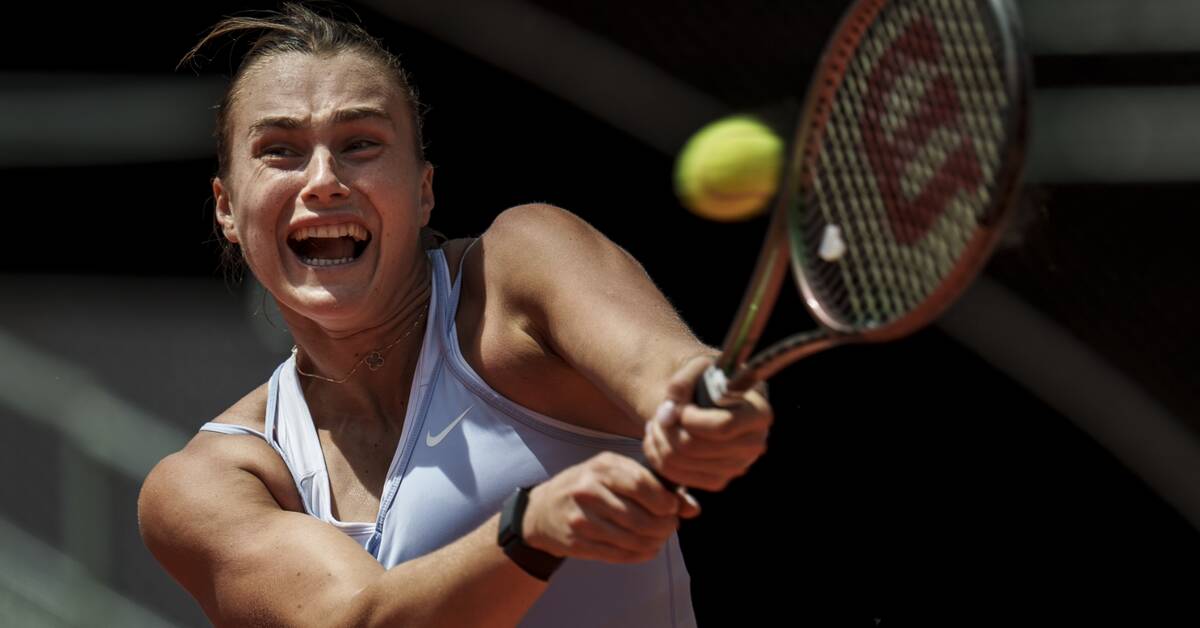World number two Sabalenka, who won the Australian Open last winter, broke up before the season with her mental counselor and wanted to solve the psychological challenges on her own.
During her career, she has had problems winning matches that have not gone her way. Sabalenka made a lot of mistakes of her own but was still able to win the match.
"I went crazy with myself and could have screamed and thrown the racket because I gave her so many chances to win," Sabalenka said.
The first Grand Slam win in Australia has given Sabalenka a psychological advantage, which was noticeable against 59th-ranked Sherif, who became the first Egyptian to reach the quarter-finals of a Masters 1000 tournament.
A piece of Chinese history in the men's class
"As a top player, you are calmer and understand things better, while a more inexperienced player overworks it. So I took advantage of the fact that I am a top player," Sabalenka said.
In the men's category, Zhang Zhizhen made a piece of history when he became the first Chinese men's player to reach the quarterfinals of a Masters 1000 tournament. In a crazy dramatic match, he saved three match balls against Taylor Fritz and won 3-6,7-6(7-5),7-6(10-8), with the American winning the point 112-99.
"I'm just trying to do my best," said the 99th-ranked Zhang, who next faces 121st-ranked Aslan Karatsev, who surprisingly knocked out world number three Daniil Medvedev 7-6(7-1), 6-4.
"I'll tell you a secret. When I met Karatasev in training, he won 6-0," Zhang said.

